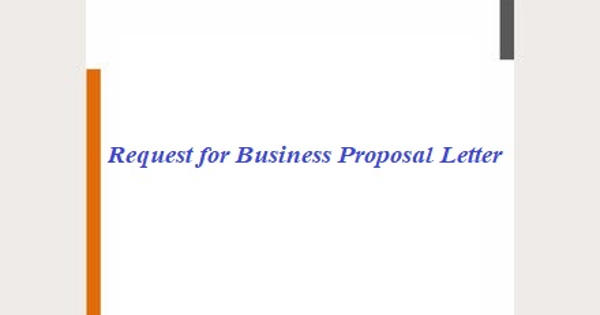Corner
The term ‘corner’ is used in the commercial world. In investing or trading, a corner is an act of one entity obtaining controlling interest of a business, stock, commodity or other security so that they may manipulate the price. In finance, cornering the market consists of obtaining sufficient control of a particular stock, commodity, or other assets in an attempt to manipulate the market price. It refers to an organization of speculators who are combined with a view to obtaining some financial gain by affecting prices somehow. This organization establishes a temporary monopoly in the supply of marketable goods, stocks by gaining control over them. Companies that have cornered their markets have usually done so in an attempt to gain greater leeway in their decisions; for example, they may desire to charge higher prices for their products without fears of losing too much business. In other words, the obligations on future contracts to deliver a particular commodity greatly outweigh the actual amount of the product available.
Cornering may happen to a specific security or a market area if an individual or group has established a significant degree of control. An investor needs deep pockets to be able to corner a market because it means acquiring significant physical assets. Another term for cornering is market manipulation. The most direct strategy is to simply buy up a large percentage of the available commodity offered for sale in some spot market and hoard it. Unless you are a central bank, cornering and market manipulation are illegal. It can also mean to accumulate a major share of economic activity in a particular area. The corner hopes to gain control of enough of the supply of the commodity to be able to set the price for it. A phone company that dominates 90% of the wireless market could be said to have cornered the market.
















